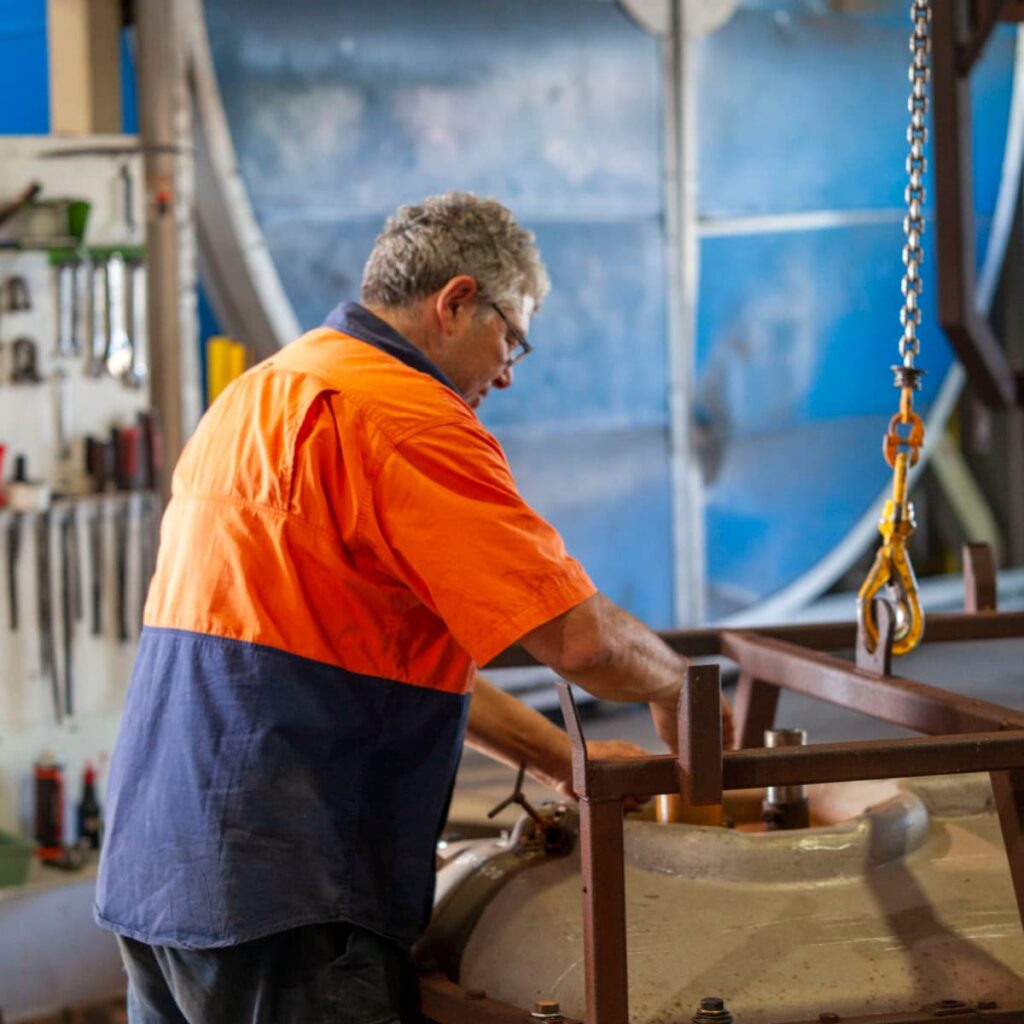Troughs: Cultivating Prosperity Drop by Drop
Home / Troughs: Cultivating Prosperity Drop by Drop
- globaltanks
- September 15, 2023
- 4 minutes

Australia is known for its vast and diverse landscapes, which include arid and semi-arid regions, as well as fertile agricultural areas. In this context, high-quality troughs play a crucial role in ensuring the well-being of livestock and the efficiency of agricultural operations. Here are some key reasons why high-quality troughs are essential in Australia:
- Water Scarcity and Drought Resilience: Australia is prone to droughts and water scarcity, which can be especially challenging for livestock farming. High-quality troughs help conserve water by minimizing wastage through spillage and evaporation. This efficiency ensures that the available water resources are used effectively and that livestock have a consistent water source during dry periods.
- Livestock Health and Productivity: Adequate hydration is critical for the health and productivity of livestock. High-quality troughs provide clean and uncontaminated water, reducing the risk of waterborne diseases. This, in turn, contributes to healthier and more productive animals, which is essential for the profitability of farming operations.
- Efficient Pasture Management: In Australia, rotational grazing and pasture management are common practices to optimize feed resources. High-quality troughs are portable and easy to move, allowing farmers to adjust grazing patterns and prevent overgrazing in specific areas. This flexibility supports sustainable land use practices.
- Durability in Harsh Conditions: Australia’s climate can be harsh, with extreme temperatures, UV radiation, and occasional severe weather events. High-quality troughs are designed to withstand these conditions, offering durability and longevity. They resist UV degradation, cracking, and corrosion, ensuring they remain functional over the long term.
- Reduced Maintenance and Labor Costs: High-quality troughs require less maintenance, reducing labor costs and the need for frequent repairs or replacements. This is particularly important in remote or large-scale farming operations where regular maintenance may be logistically challenging.
- Compliance with Environmental Regulations: Australian farming operations are subject to environmental regulations, including those related to water use and waste management. High-quality troughs can assist in complying with these regulations by minimizing water wastage and ensuring proper water quality.
- Sustainability: Many high-quality troughs are made from recyclable materials, contributing to sustainability efforts in agriculture. Sustainable practices are becoming increasingly important to meet consumer and regulatory demands.
- Cost Efficiency: While high-quality troughs may have a higher initial cost, they often offer better value in the long run due to their durability and efficiency in water use. They can help farmers save money on water bills and maintenance expenses over time.

What are the advantages and disadvantages of plastic and concrete troughs
Plastic Water Troughs:
Advantages:
- Durability: Plastic troughs are resistant to corrosion, rust, and rot, making them durable and suitable for various weather conditions.
- Lightweight: They are relatively lightweight, which makes them easy to transport and install, especially for smaller livestock operations.
- Easy Maintenance: Plastic troughs are easy to clean and disinfect, reducing the risk of bacterial growth and ensuring a clean water source.
- Variety of Sizes and Shapes: They are available in a wide range of sizes and shapes, allowing for flexibility to meet specific livestock and space requirements.
- Resistance to Chemicals and easy to clean: Plastic troughs are resistant to the corrosive effects of chemicals, such as cleaning agents and medications.
- Portability: They can be moved more easily, allowing for flexible pasture management and avoiding overgrazing.
Disadvantages:
- UV Degradation: Some plastic troughs can degrade when exposed to prolonged sunlight, modern Australian
- Freezing Risk: In colder climates, plastic troughs can freeze more quickly than concrete troughs, requiring insulation or heating elements to prevent freezing in winter.
- Easier to Move: as plastic is lighter it can be easier for animals to move around. Global has a number of ballast troughs that the ballast can be filled up in and ensure the trough is secure.
Concrete Troughs:
Advantages:
- Sturdiness: Concrete troughs are exceptionally sturdy and resistant to physical damage, making them suitable for larger livestock.
- Longevity: When well-maintained, concrete troughs can last for decades, providing a long-term watering solution.
- Weight Stability: The weight of concrete troughs makes them less prone to tipping or being moved by animals.
- Natural Material: Concrete is made from natural materials, which some farmers consider an environmentally friendly choice.
Disadvantages:
- Cost: Concrete troughs can have a higher initial cost due to materials and installation expenses.
- Maintenance: Concrete troughs can develop cracks over time, necessitating repairs to maintain their integrity.
- Difficulty of Relocation: Their weight makes them challenging to move, limiting flexibility in pasture management.
- Cleaning Challenges: Cleaning concrete troughs can be more labor-intensive due to their rough surfaces, potentially allowing the buildup of algae and bacteria.
- Environmental Impact: The production of concrete has a higher environmental footprint compared to plastic manufacturing processes.



In summary, high-quality troughs are essential in Australia’s agricultural landscape due to the country’s unique environmental challenges, water scarcity issues, and the need for efficient and sustainable farming practices. Investing in these troughs ensures the well-being of livestock, the productivity of farms, and compliance with environmental regulations while supporting long-term cost savings. The choice between plastic water troughs and concrete troughs depends on your specific farming needs and priorities. Plastic troughs are generally more lightweight, affordable, and easier to maintain, while concrete troughs are known for their durability and longevity. Consider factors such as the size of your livestock, climate, maintenance capabilities, and budget when making your decision. We believe our Plastic trough range has stood the test of time and we would love to have a chat with you about our range of troughs.
Call the team on 1800 666 333

